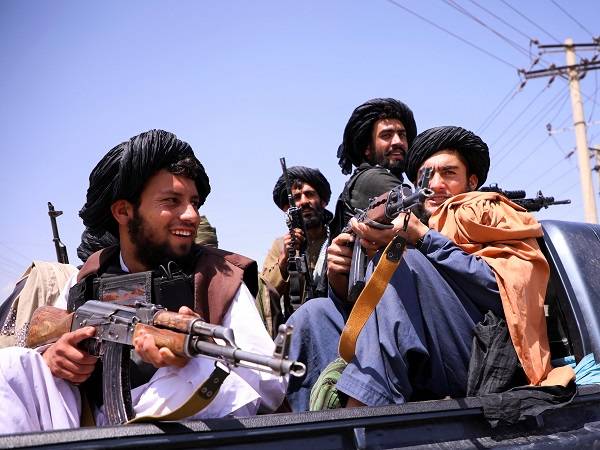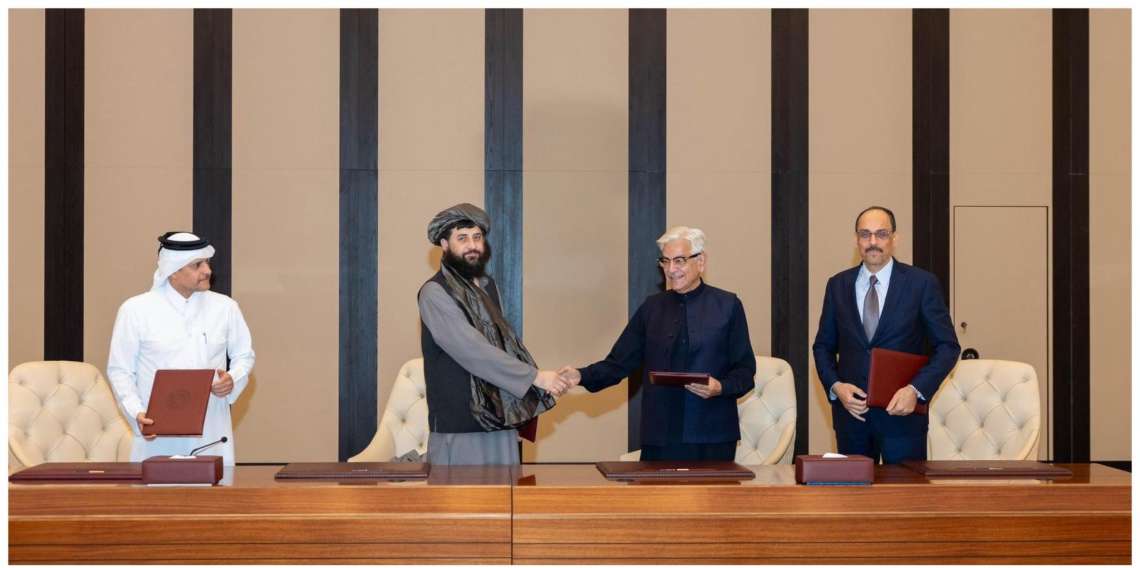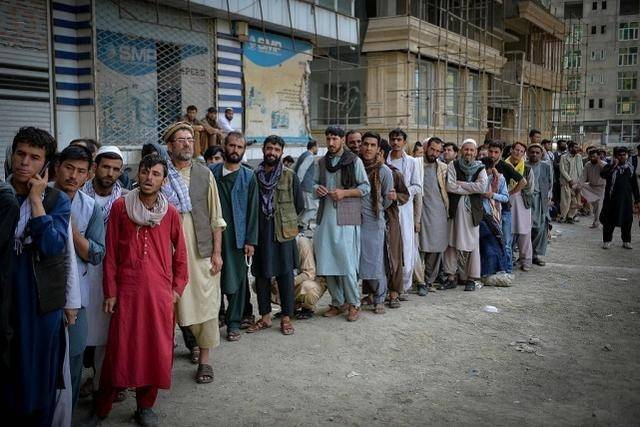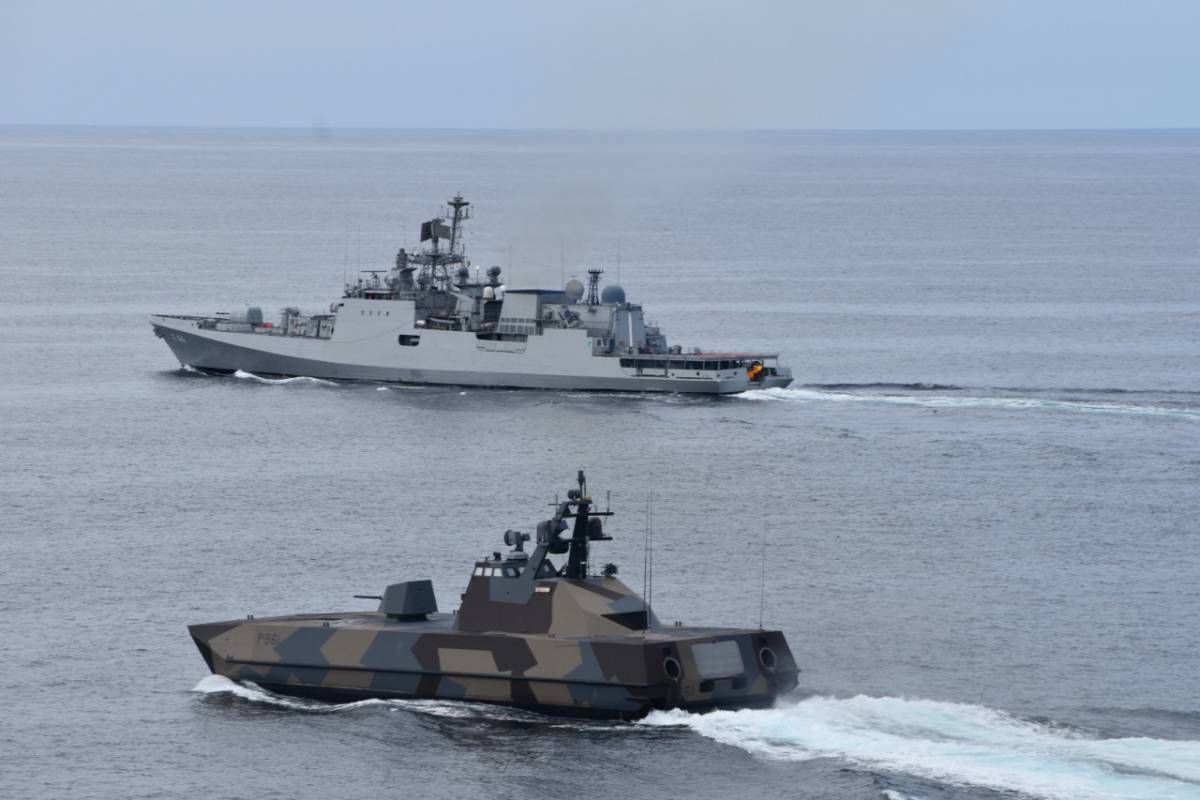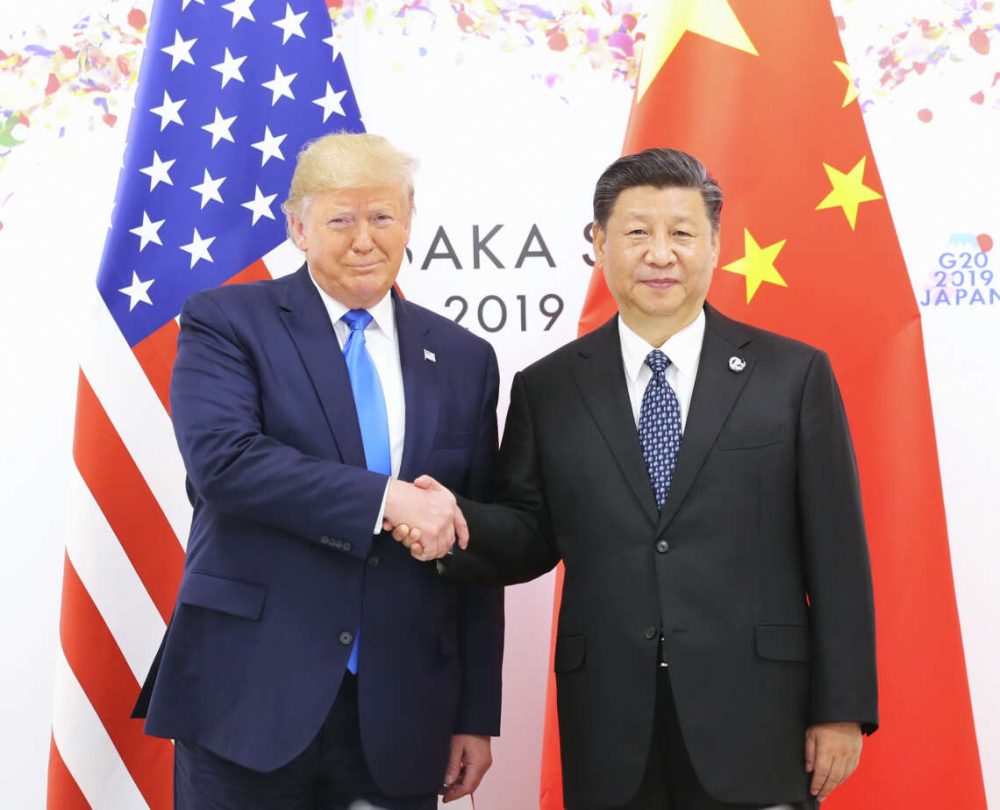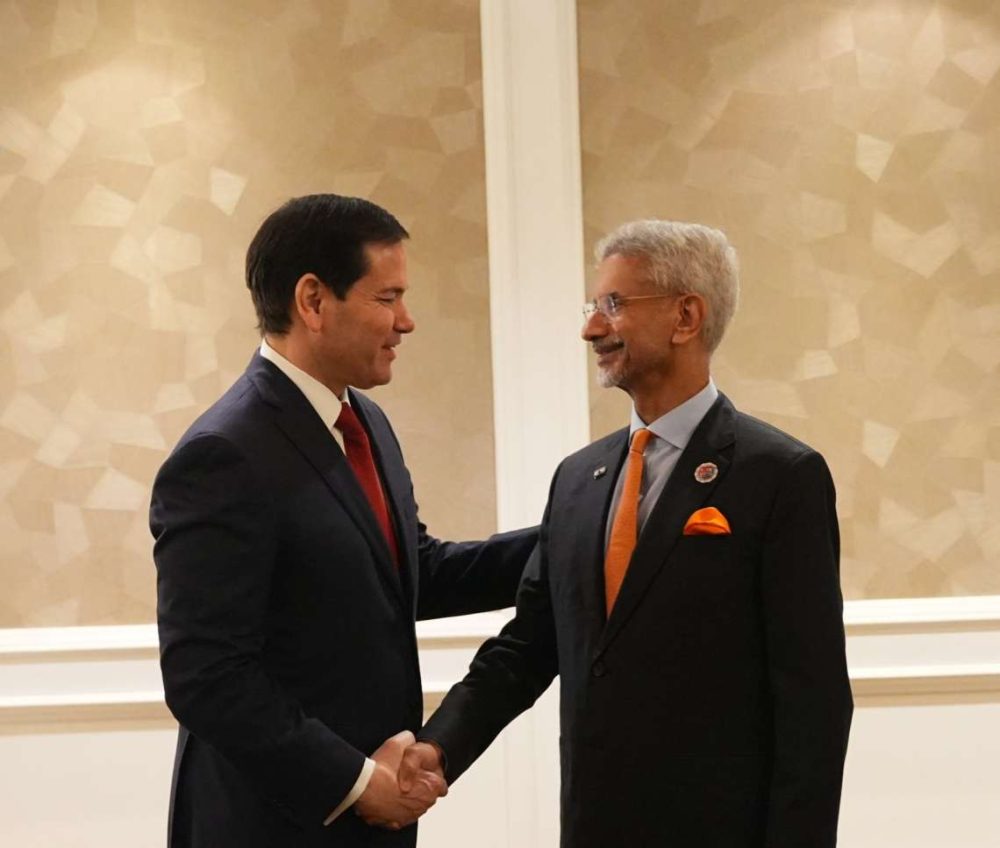EFSAS said in a statement that it hosted a gripping webinar on Tuesday titled “Terrorism and Technology” on the side-lines of the 48th Session of the UN Human Rights Council in Geneva….reports Asian Lite News
Experts at the European Foundation for South Asian Studies (EFSAS) have underlined that during its aggressive offensive against government forces in Afghanistan, the Taliban mobilised support using social media channels and platforms.
Malaiz Daud, Research Fellow at Barcelona Centre for International Affairs and Research Fellow at EFSAS, contended that social media channels and platforms had been of key relevance for the Taliban in communicating with and mobilising supporters during the most recent military offensive that resulted in effectively all of Afghanistan falling to the Taliban. WhatsApp was, in particular, seen as decisive for the efficient coordination of military operations.
EFSAS said in a statement that it hosted a gripping webinar on Tuesday titled “Terrorism and Technology” on the side-lines of the 48th Session of the UN Human Rights Council in Geneva.
A high-level panel of scholars, researchers, former diplomats and policy analysts discussed how terrorism has evolved in regard to technology. The event was moderated by Junaid Qureshi, Director EFSAS and was joined by a large number of attendees, including human rights activists, NGO representatives and researchers, the statement added.

Daud — who formerly served as Chief of Staff for Afghanistan’s former president Ashraf Ghani — made the argument that the Taliban’s growing use of social media did not reinvent the group’s social network – rather, it expanded the use of preexisting networks into the digital sphere. This increasingly digital use of existing networks was also used by anti-Taliban forces as anti-Taliban forces focused on co-opting popular Afghan online personalities into their online campaigns.
Dr Weeda Mehran, a lecturer at the University of Exeter and specialist in warlordism and conflict and peacebuilding in Afghanistan, explained the evolvement of the Taliban’s media strategy. During the Taliban rule in the 90s, the approach was restrictive, with limited media usage and official messages distributed through radio channels. After the Taliban was ousted from Afghanistan, its media strategy shifted. To gain resonance with the Afghan population, an increase in media presence purposed the attraction of followers, recruits, sympathisers and empathisers.
In line with Dr Mehran, another expert Dr Krona concluded that online activities also were of key importance for the recent successes of the Taliban in Afghanistan. Despite the growing use of emerging technologies by terrorist organizations, Dr Krona asserted that States maintain technological superiority over non-State actors. Making use of this superiority, Dr Krona proposed, is going to be particularly pivotal in Central and South Asia in the years to come.
For groups such as ISKP (Islamic State Khorasan Province), Dr Krona described online networks as having emerged as key components in the creation and sustenance of popular support for terrorist fighters. Al-Qaeda, which Dr Krona viewed as having more of a long-term strategy for survival than the Islamic State, has also used online networks to build connections with Muslim communities all over the world and establish affiliates beyond the Middle East.
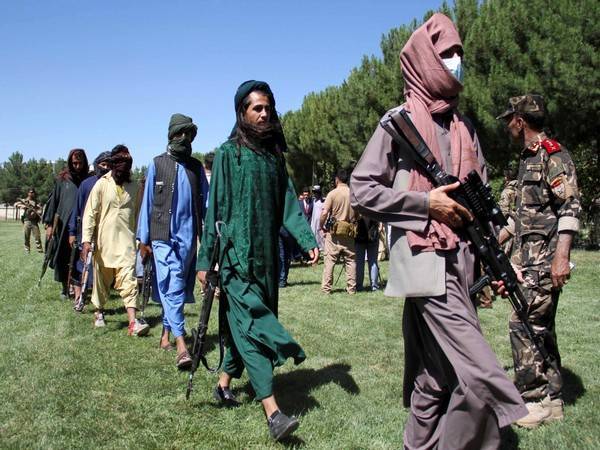
Dr Paul Stott, head of Security and Extremism at UK’s leading think tank Policy Exchange and Research Fellow at EFSAS, began his speech describing how historically, technology has been an important tool for terrorist groups, giving the example of the IRA in Northern Ireland.
In contemporary times, this asymmetric warfare where the power of belligerents differs significantly has become even more acute, with Dr Stott using the example of the recent victory of the Taliban in Afghanistan, where the terrorist entity acquired a great number of military hardware from the US troops who left, making them the best-equipped terrorist group in history, the statement read.
Panelists further deliberated upon the trajectory of terrorist groups utilisation of drone technology, with Dr Stott arguing that lamentably it is a matter of time to have a terrorist drone attack orchestrated in Europe, given its great utility for terrorist actors. As concluding remarks, Dr Stott alluded to the infamous phrase of the world fighting ‘forever wars’, which in our contemporary reality has become ‘forever jihads’. (ANI)


